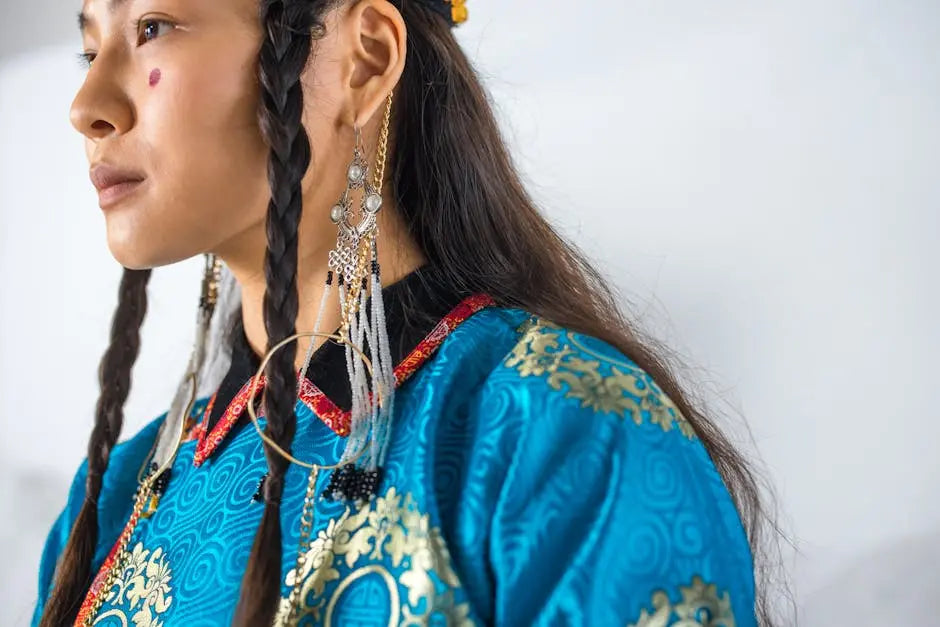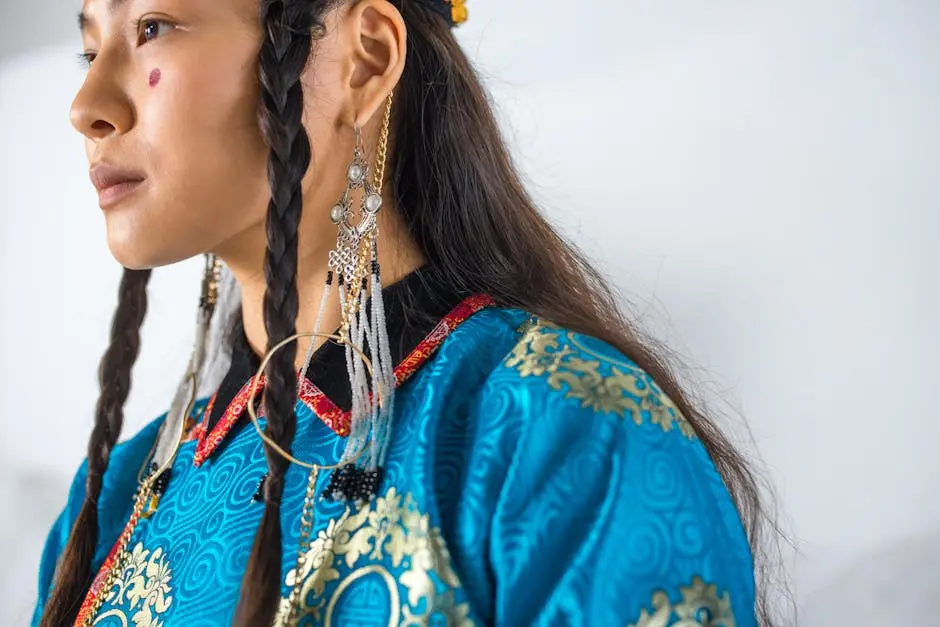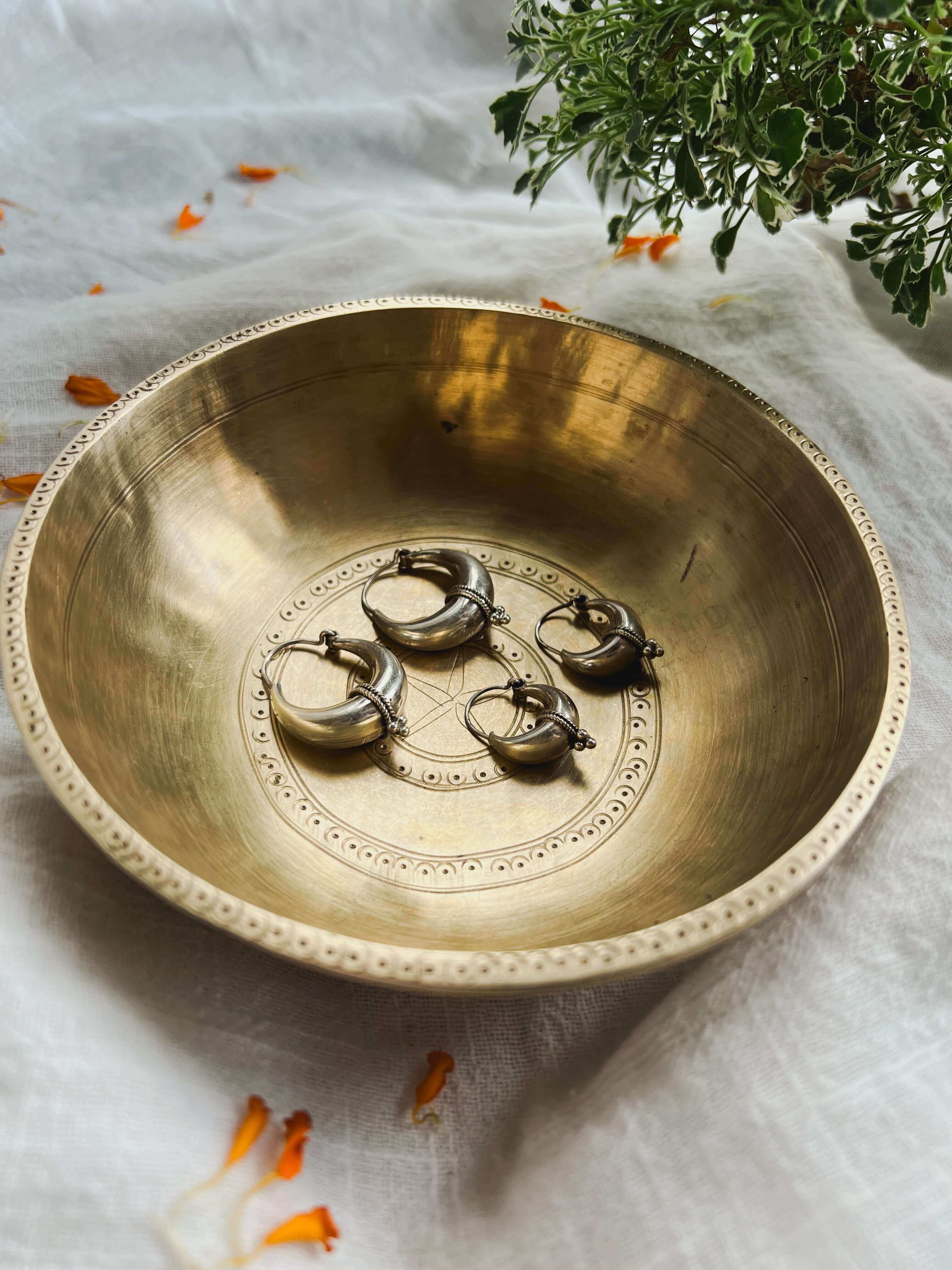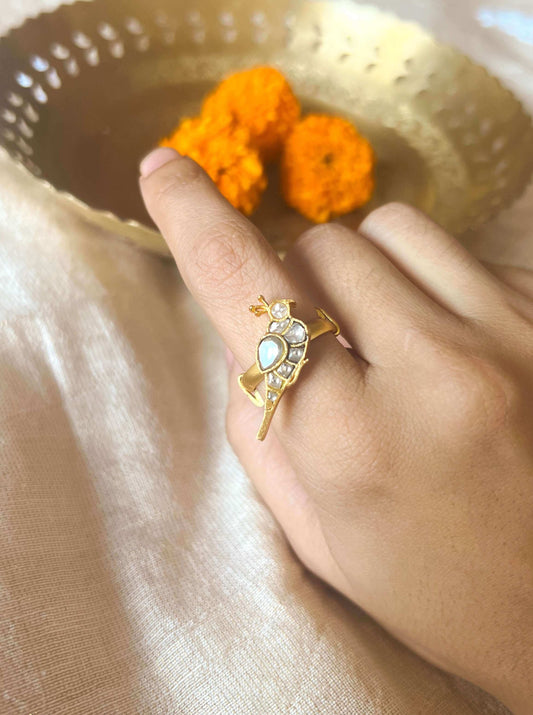Throughout history, necklaces have played a significant role in various cultures, representing identity, heritage, and artistry. In today’s fashion world, these cultural necklaces have seamlessly blended with modern styles, creating a unique and alluring fashion statement. Join me as we explore the timeless appeal of these beautiful pieces in contemporary fashion.
The Rich History Behind Cultural Necklaces
Every necklace carries with it a story that encapsulates centuries of tradition and personal significance. From the ornate beading of African Maasai necklaces to the intricate designs of Native American chokers, each piece is a testament to cultural identity and history. These adornments have often been used as symbols of status or spirituality, with materials chosen for their unique meanings or local availability. For example, the use of turquoise in Native American jewelry isn’t merely decorative; it reflects a deep connection to the Earth, believed to offer protection and good fortune. Similarly, the use of specific beadwork patterns in Maasai jewelry signifies tribe, age grades, and personal achievements.
The ancient Egyptian collars, with their elaborate craftsmanship, highlighted not just wealth but also a spiritual connection to the gods. These influences can still be seen today, providing inspiration across continents. As we wear these pieces now, we are connected to an ancestral lineage and the timeless allure of these necklaces, emphasizing a shared human journey through cultural expressions. This historical appreciation offers a deeper understanding of how societal values have evolved and continue to resonate in our contemporary wardrobes.
The Role of Cultural Necklaces in Modern Fashion
Modern fashion thrives on diversity and self-expression. Cultural necklaces have found their place in contemporary styles, offering an authentic touch and a deep cultural connection. These timeless pieces serve as a reminder of the beauty and significance of art and tradition in our daily lives. As fashion becomes more inclusive, designers and wearers alike seek to celebrate and acknowledge diverse heritages through their jewelry choices. Incorporating a cultural necklace into a modern outfit isn’t just about aesthetics; it’s also a statement of recognition and appreciation for different cultures and their contributions to global fashion.
Moreover, the resurgence of cultural necklaces in fashion runways across the globe is a testament to their enduring appeal. Designers around the world are increasingly blending traditional elements with contemporary designs, creating hybrid styles that appeal to a modern audience. This trend not only pays homage to tradition but also elevates it, giving cultural necklaces a renewed relevance in today’s fashion landscape. By embracing this fusion, wearers can simultaneously celebrate their unique identity and participate in a larger, more inclusive fashion dialogue.
How Designers Incorporate Cultural Elements
Today’s designers often draw inspiration from traditional jewelry to create collections that celebrate heritage while pushing creative boundaries. By blending traditional motifs with modern materials, fashion houses bring cultural necklaces into mainstream fashion, creating new interpretations that captivate the modern world. The painstaking attention to craftsmanship and detail allows these pieces to not only make a fashion statement but also tell a story of cultural enrichment and artistic endeavor.
Renowned designers are increasingly incorporating cultural symbolism into their collections, allowing these elements to transcend beyond mere ornamental function. For instance, many have reintroduced the concept of symbolic amulets, seen in ancient cultures, as focal points in necklaces, modernized with contemporary metals and techniques. This approach respects tradition while ensuring the pieces remain relevant to today’s fashion-forward individuals. By doing so, designers are bridging the gap between dated traditions and modern innovations, laying the groundwork for future fashion trends.
By embracing the diversity of cultural expressions, designers not only help preserve these traditions but also offer the fashion industry a refreshing variance. They often collaborate with artisans who possess generational knowledge of traditional jewelry-making techniques, further enriching the fashion narrative. This collaboration not only keeps the craftsmanship alive but also brings a sense of authenticity and depth to the fashion industry, where mass production is predominantly prevalent.
Cultural Necklaces as Personal Statements
Wearing a cultural necklace allows individuals to not only honor their own heritage but also to convey a message of cultural appreciation. These beautiful pieces can serve as empowering symbols of identity and personal narrative, making them unique statement pieces in any wardrobe. In an age where self-expression is paramount, cultural necklaces offer a meaningful way to showcase individuality and connect with a broader narrative of tradition and history.
Moreover, the personal connection to a cultural necklace can be profoundly enriching. Whether it’s a piece passed down through generations or a new addition to celebrate one’s heritage, these necklaces serve as tangible links to personal history and cultural heritage. They can initiate conversations, forge connections with like-minded individuals, and educate others about the vibrant histories they represent. As a result, cultural necklaces transcend mere fashion, becoming a vital part of one’s personal journey and heritage.
Embracing Heritage Through Fashion
Cultural necklaces aren’t just beautiful accessories; they are stories and symbols of our global heritage. In modern fashion, they help bridge the past and present, offering a way to express individuality and embrace cultural diversity. Whether it’s reviving an old tradition or making a bold fashion statement, cultural necklaces remain a timeless and cherished part of our wardrobes. Explore our extensive collection of artistic pieces on Asmah’s homepage to find your perfect match.





